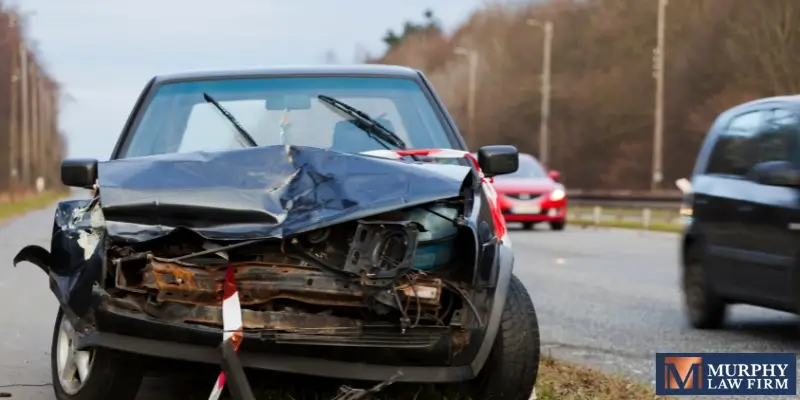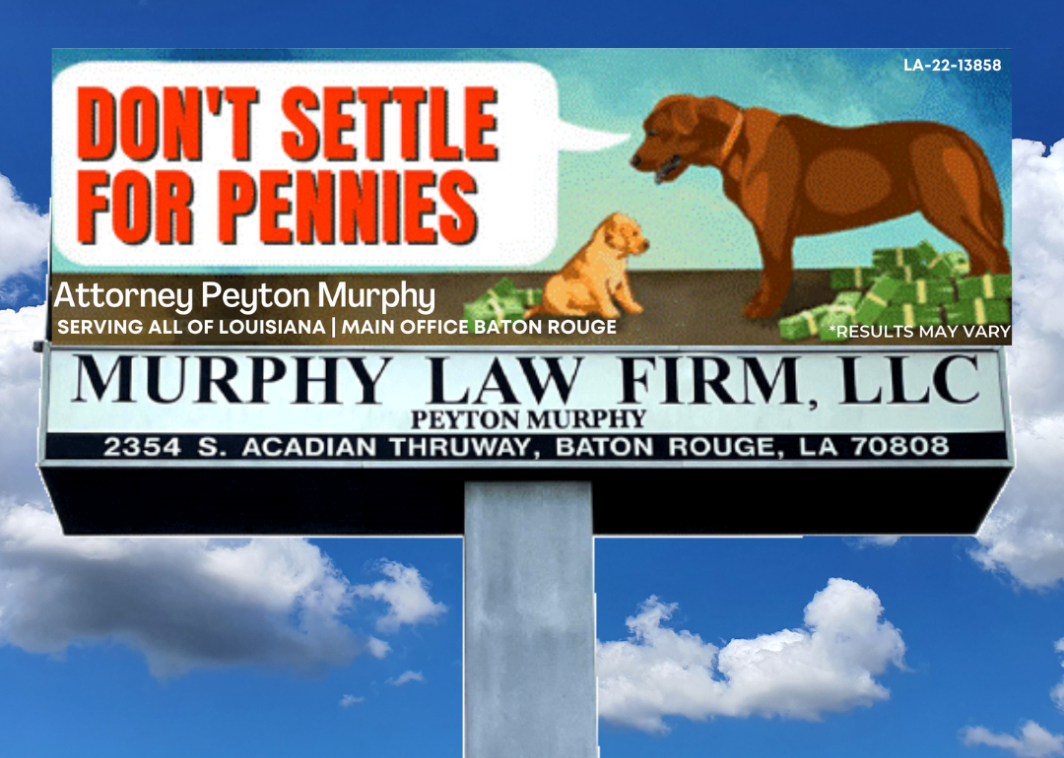¿Qué hacer después de un accidente de coche en Nueva Orleans?
Noticias y artículos

When the shock and chaos of a car accident die down, next comes a tangled mess of red tape that you need to deal with. If this sounds familiar, then you’re likely wondering what to do after a car accident in New Orleans and how to protect yourself
In 2023, over 2.44 million people were injured due to car accidents in the U.S., resulting in a 6.1% increase in car accident payouts, averaging around $162,000 per claim, so knowing which steps you need to take and when can make all the difference, especially if you need to file an accident claim.
Step One: Stay Calm and Get to Safety
First, take a deep breath, then check yourself and any passengers for injuries. If you’re able to safely move your vehicle out of traffic, do so. Louisiana law requires drivers involved in crashes to move their cars off the roadway, if possible, to avoid blocking traffic and possibly creating another accident. Turn on your hazard lights and stay alert.
Step Two: Call the Police and Get a Report
In New Orleans, you’re required to report accidents that result in injury, death, or property damage over a certain dollar amount. The responding officer then documents the scene and provides a crash report, which becomes an essential part of any insurance or legal claim process. Be sure to ask the officer how to get a copy of the report.
Step Three: Gather Information and Evidence
Once you’re safe and you’ve called law enforcement, it’s time to start documenting. Get the names, addresses, phone numbers, driver’s license info, and insurance details of all parties involved. Take photos of:
- Vehicle damage
- License plates
- Road conditions
- Traffic signs or lights
- Injuries (if visible)
- The surrounding scene from multiple angles
Also, contact info should be collected for any witnesses who saw the accident occur. Their statements could become valuable if there’s a dispute later on.
Step Four: Seek Medical Attention, Even If You Feel “Fine”
You might feel okay in the moment. However, the days following an accident are when many people start to experience symptoms. A visit to an urgent care clinic or your primary care physician can provide a record of your condition, which could be very useful for legal or insurance claims. Many accident victims experience delayed injuries after a crash, and having those documented early helps protect your claim.
Medical documentation is vital when you’re pursuing compensation. Without it, insurance companies could argue that your injuries weren’t related to the crash or that they aren’t as serious as you’re claiming them to be.
Step Five: Notify Your Insurance Company
Most insurance policies require you to promptly report your accident. When you call, stick to the facts: where it happened, what time, and who was involved. Avoid making statements about fault or downplaying your injuries. You don’t need to give a recorded statement right away, and it’s often smart not to until you’ve spoken to a abogado experto en accidentes de tráfico, as even casual remarks can be held against you.
What to Expect From Your Insurance Company
An insurance adjuster’s job is to investigate the accident, assess the damage, and determine how much the insurance company is willing to pay. However, you need to be prepared. Insurance companies are businesses, and part of their job is to minimize your payout. That means they do everything they can to delay, reduce, or deny your claim.
This is especially true if the crash report says you were at fault, which doesn’t always reflect the full story. You may also receive a quick settlement offer. It can be tempting, especially if medical bills are piling up, but these initial offers are often far lower than what your claim is really worth. Talking to a lawyer before accepting any money ensures you don’t leave any compensation on the table.
What Happens After You Hire an Attorney
When you reach out to a Louisiana-based car accident attorney, they begin by reviewing your crash report, medical records, and any correspondence sent by your insurance providers. If necessary, they also conduct an independent investigation by bringing in professionals like accident reconstructionists or medical professionals.
They can also help with:
- Communicating with the at-fault driver’s insurer
- Filing personal injury claims
- Evaluating settlement offers
- Taking your case to court if fair compensation isn’t offered
Most importantly, you get to focus on healing in the physical, emotional, and financial sense while your attorney handles the legal side of things. With someone in your corner who knows how the system works in Nueva Orleans, you won’t just be reacting to the process; you’ll be in control of it.
Preguntas frecuentes
Should I Post About My Car Accident on Social Media?
It’s not a good idea to post about your car accident on social media. Even an innocent post or photo could be used by insurance companies or opposing lawyers to challenge your injuries or suggest that you were at fault. Avoid sharing updates, photos of the scene, or comments about how you’re feeling.
Can I Get Compensated for Emotional Distress After a Car Accident?
Yes, you can get compensated for emotional distress after a car accident, but it’s not automatically included. Your attorney needs to show how the accident impacted your mental or emotional health. They often need medical documentation. Documentation from a therapist or medical provider can strengthen this part of your case.
What If the Other Driver Was Uninsured or Underinsured?
If the driver who hit you doesn’t have enough coverage, or any at all, you may still have options. Many Louisiana policies include uninsured/underinsured motorist (UM/UIM) coverage, which lets you file a claim through your own insurance. It’s often overlooked until it’s needed, but it can be an important safety net.
How Long Does the Whole Process Usually Take After a Car Accident Claim Is Filed?
There’s no set timeline after a car accident claim is filed, as it can vary depending on how complex your case is. Some claims resolve quickly, while others could take a long time, especially if there are serious injuries or contested facts. Medical treatment, insurance responses, and whether the case goes to court all affect the timing.
Murphy Law Firm: Why a Local Lawyer Matters
Murphy Law Firm is rooted in Louisiana, and our team understands how cases flow through the Orleans Parish Civil District Court, the Criminal District Court of Orleans Parish, and the First City Court of New Orleans. We know which documents each court clerk needs, what timelines apply, and how specific judges tend to rule on injury-related issues.
In a city where insurance minimums, uninsured drivers, and congested roadways intersect, local experience matters. Contact us today to schedule a consultation.
Related Resources
- How Long After A Car Accident Can You File A Personal Injury Claim In Louisiana
- Can I Still File A Car Accident Lawsuit If The Police Report Says I’m At Fault
- Negligence In A Car Accident Lawsuit
- What Are The Chances Of Dying In A Car Accident In Louisiana
- Louisiana Car Accident Settlement Timeline And Process



